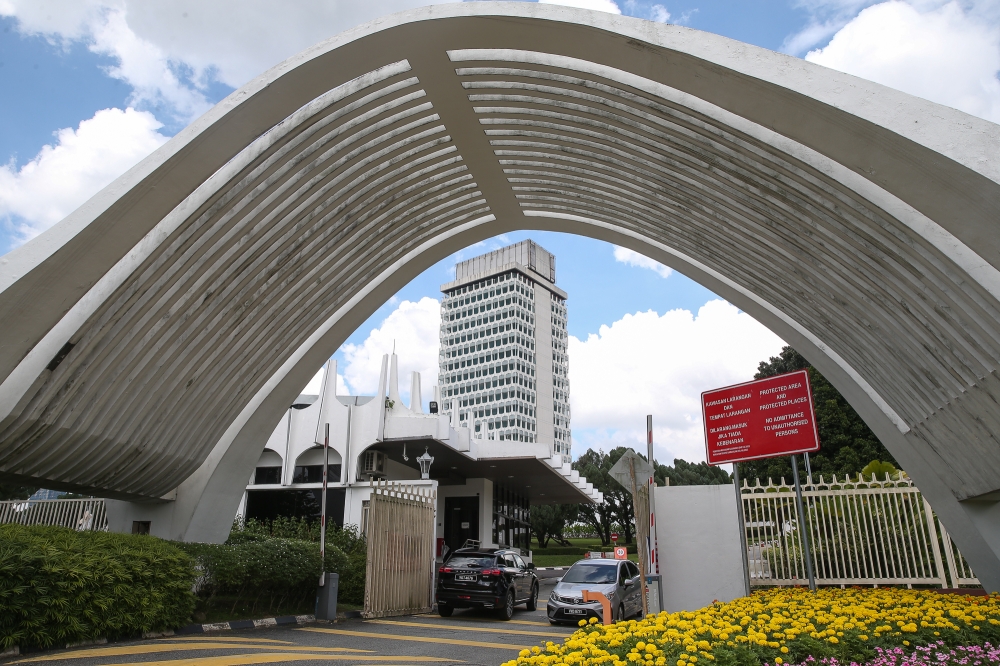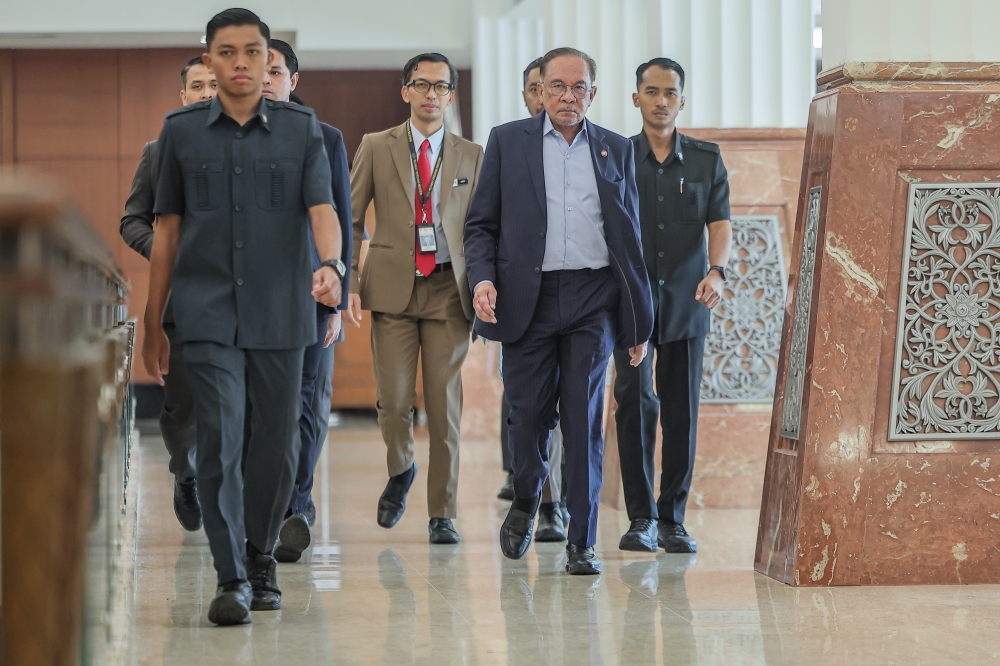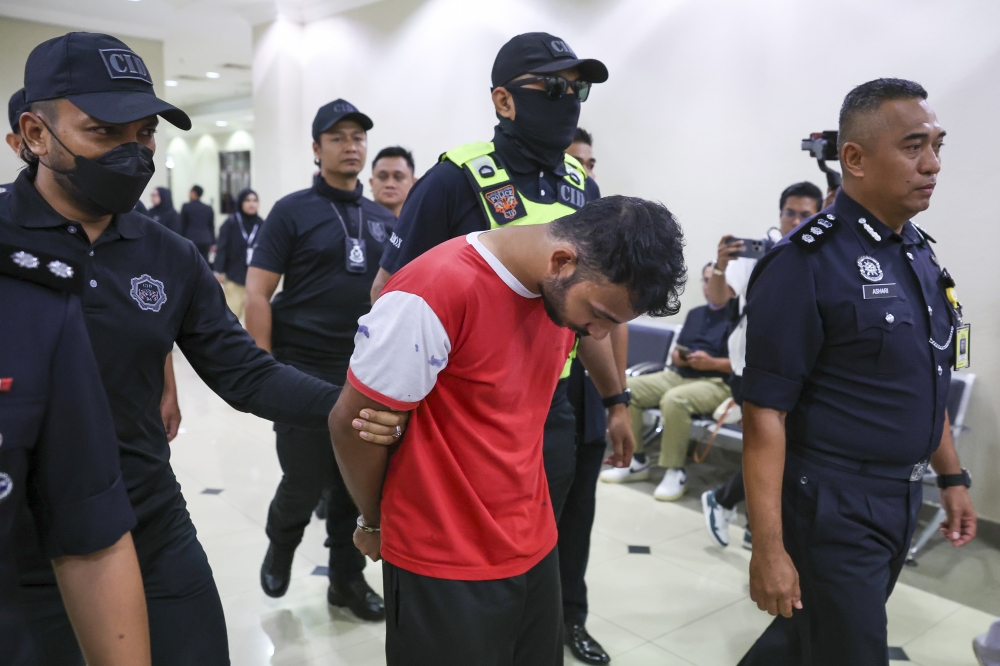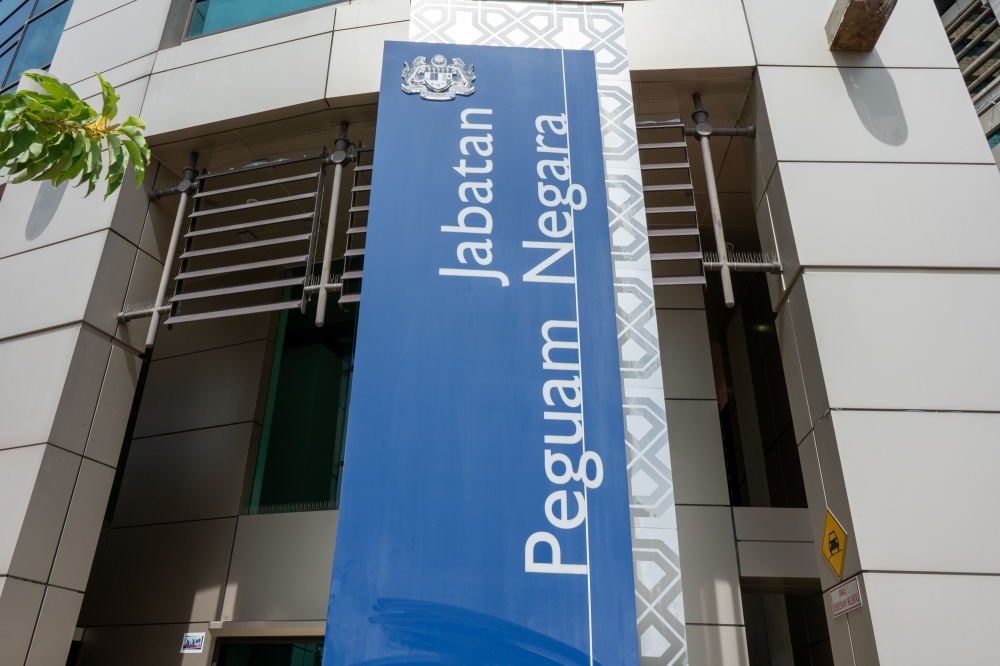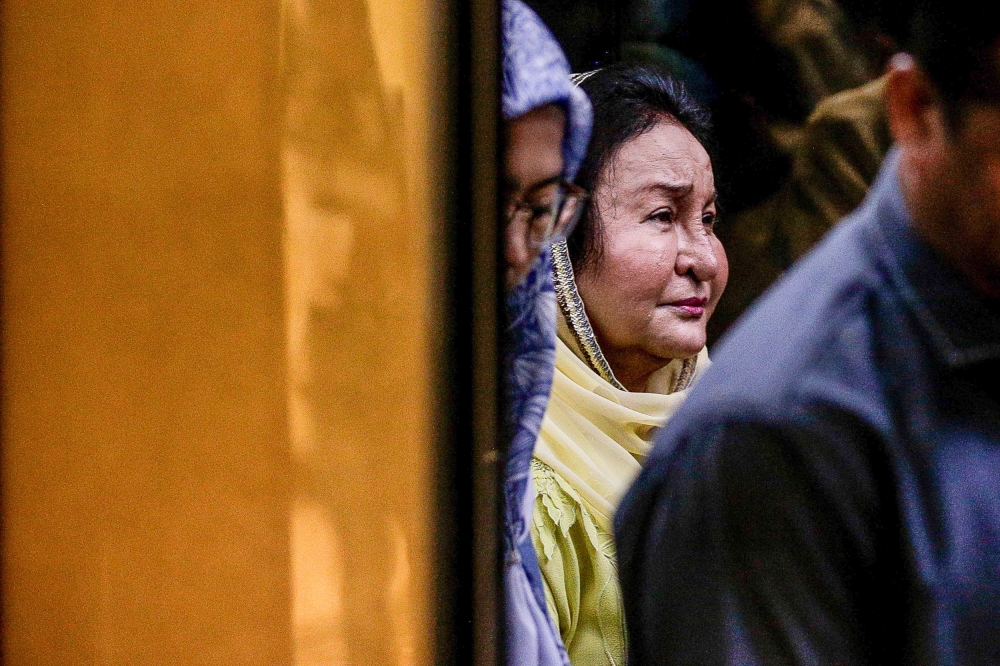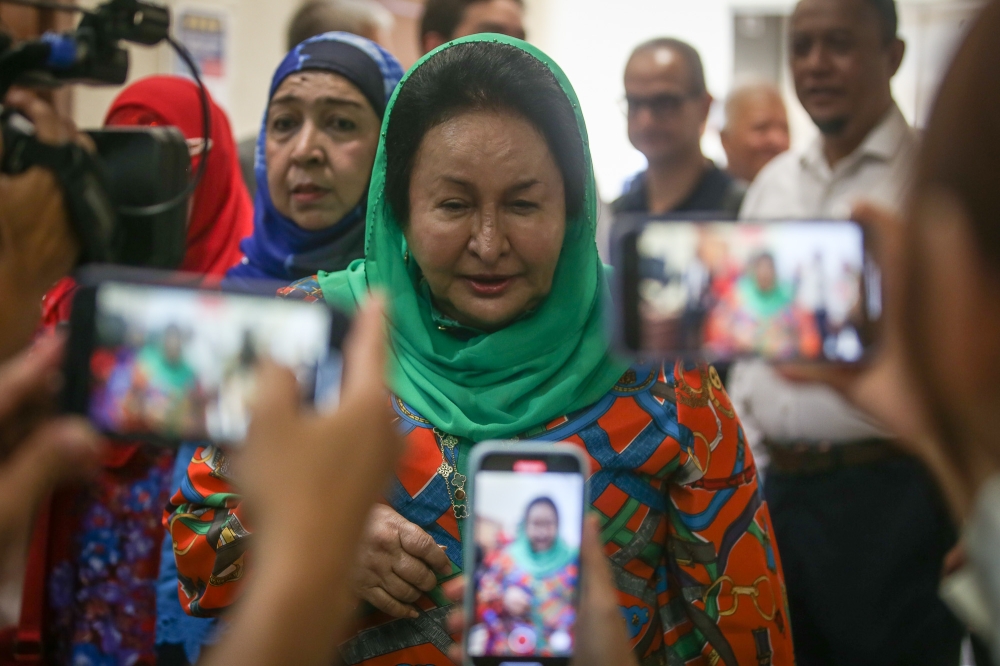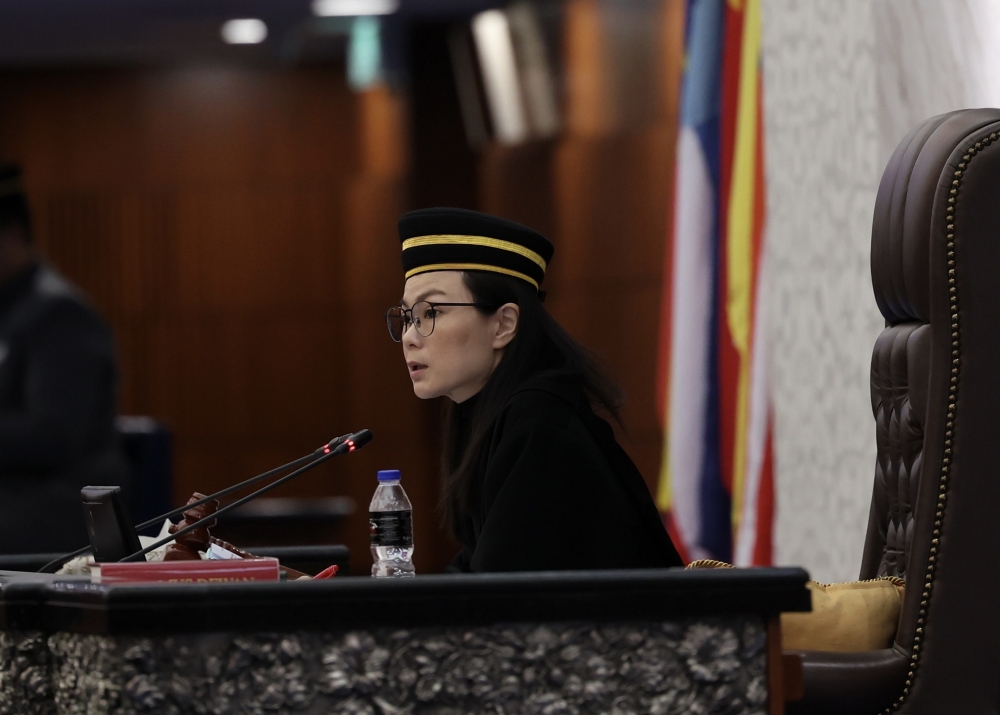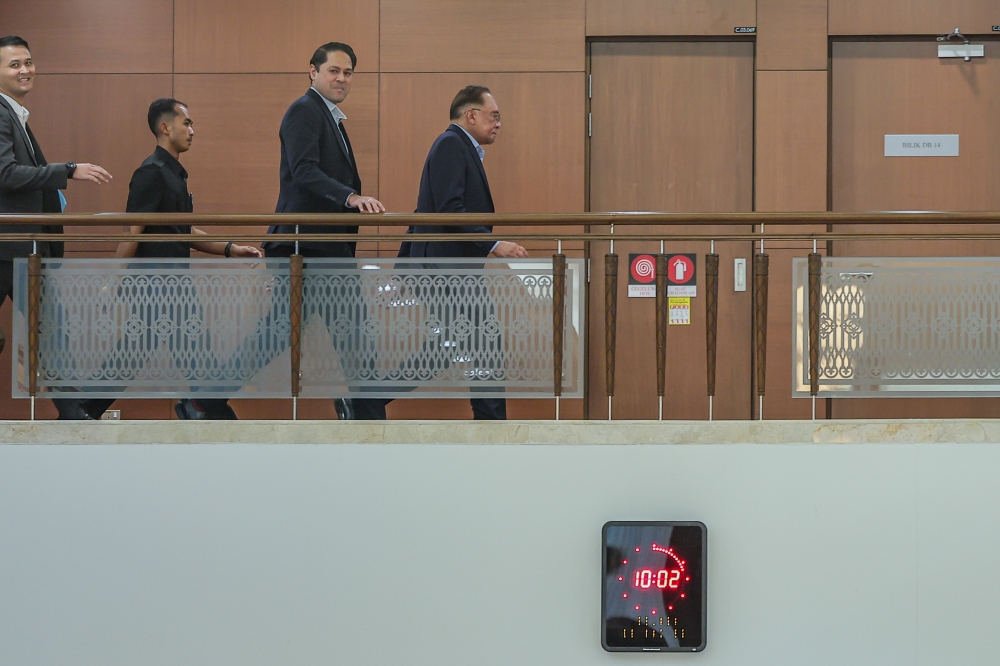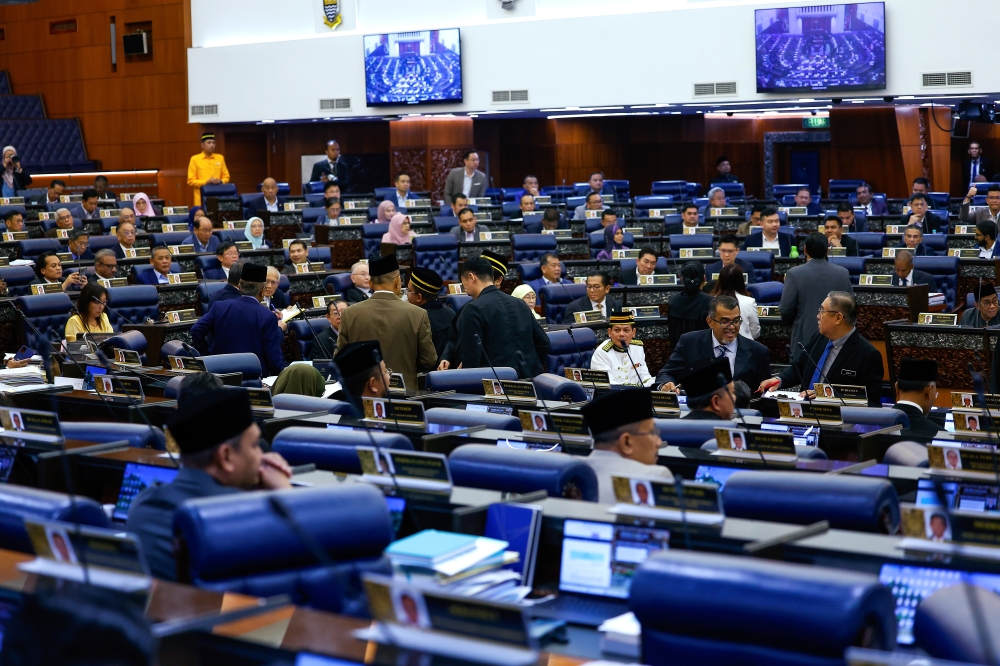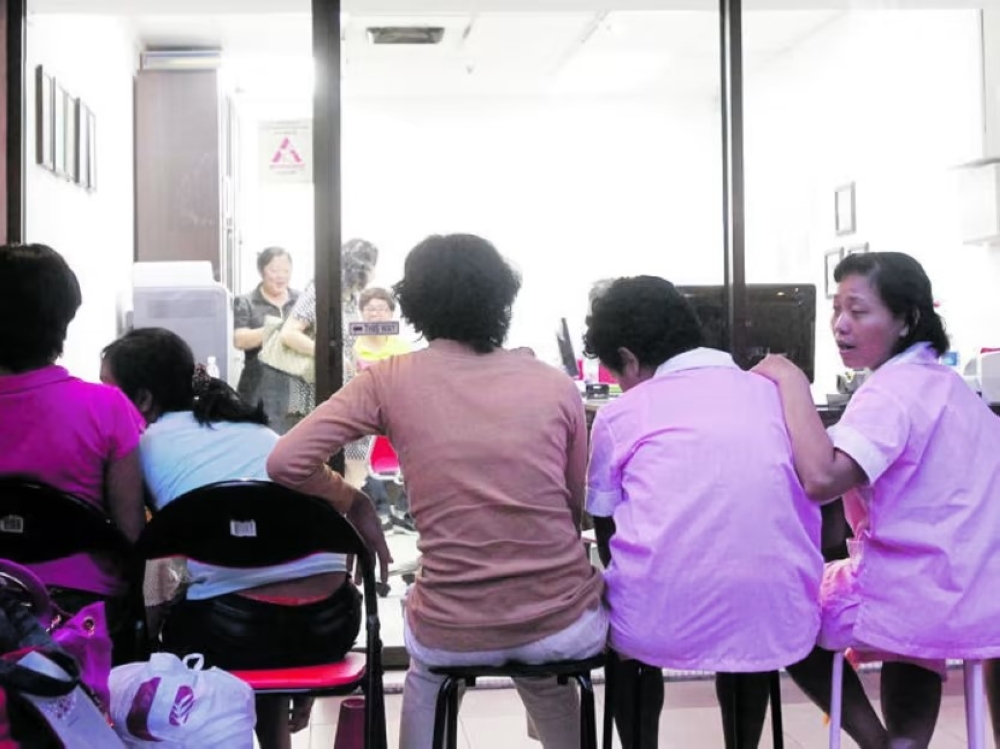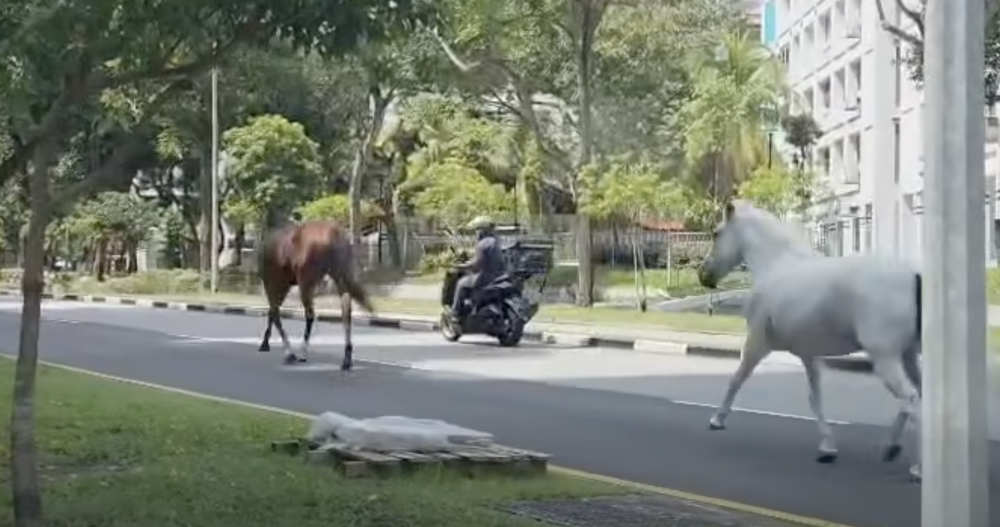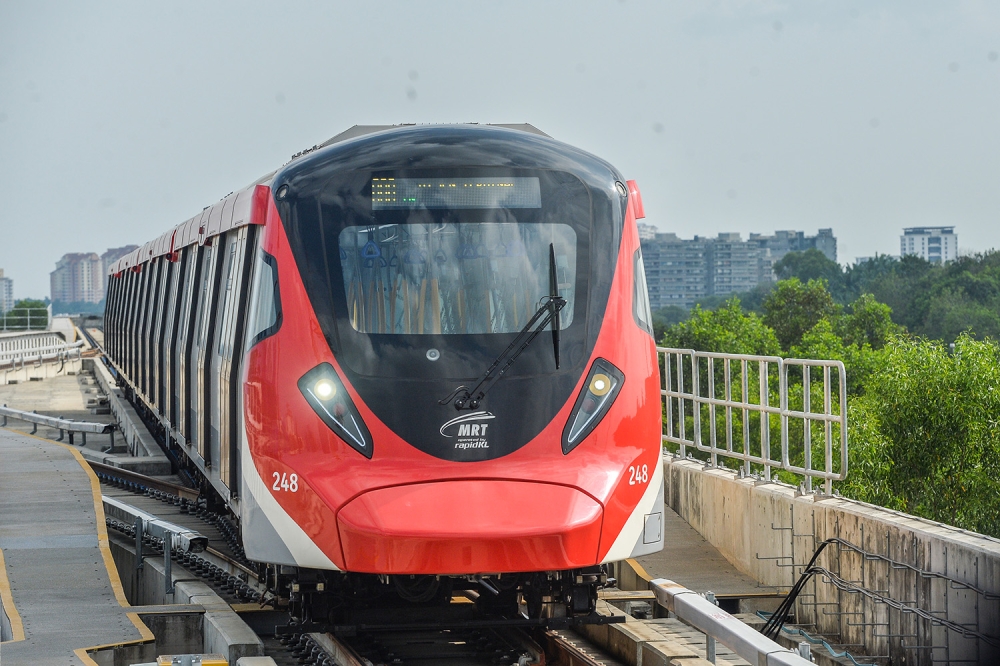SINGAPORE, Aug 16 — Some migrant domestic workers in Singapore face “revenge accusations” by their employers, usually of theft, but they cannot work until the matter is resolved even if it is baseless, a report said.
Published on Tuesday, the report explores how some employers use these accusations filed with police as punitive and retaliatory measures against the workers, almost invariably women.
In some cases, the allegations are made after the migrant domestic worker leaves her job and the employer’s home, said the report by the Humanitarian Organisation for Migration Economics (Home).
In most cases of these workers accused of crimes by their employer, no further action is taken by police, but their finances are impacted as they are not allowed to work while investigations are ongoing. Their families back home, reliant on their income, also suffer, it added.
The report cited the high-profile case of maid Parti Liyani who was accused by her well-connected employer of theft, which led to criminal charges and a conviction before an appeal court cleared Parti.
In April, Karl Liew Kai Lung, the son of ex-Changi Airport Group chairman Liew Mun Leong, was sentenced to two weeks’ jail for lying to a judge in the case.
According to its website, Home provides direct assistance, shelter and food for domestic workers who experience abuse and exploitation, as well as employment advice, legal aid and various skills training.
The report was based on casework data collected from 100 migrant domestic worker cases at Home’s shelter, who were accused of various crimes between January 2019 and June 2022.
The shelter is home to workers who are in the process of seeking legal recourse or resolving disputes with their employers, and its residents may stay for periods of a few days to over a year, Home’s website states.
Often, these workers have no way to support themselves nor anywhere to reside in Singapore during their period of crisis, it added.
The report drew particular attention to the trend of “revenge accusations”.
This refers to accusations directed at these workers by their former employers after they have terminated the workers’ employment and left their homes. In four out of five cases, no further action is taken against the worker as the claim is deemed to be baseless.
The study found that 85 per cent of the accusations made against the workers after they arrive at the shelter are for theft, but only 18 per cent of all cases led to a criminal charge.
In some instances, the accused women receive a “stern warning” from police which, according to Home, often means they cannot work in Singapore even though they have not been convicted of an offence.
Case studies outlining the experience of three such women were included in the report to highlight what Home called the “legal and social vulnerability experienced by migrant domestic workers in Singapore”.
Accused of stealing money
One of them, listed as ‘R1’ in the report, decided to seek help at Home’s shelter after having been refused repatriation to her home country by her employer for a year.
When R1 returned to the employer’s house to pick up her belongings, the employer accused her of having stolen money and called the police.
As a result of the investigation, R1 had to stay in Singapore for an additional nine months before returning home after the police closed the case with no further action to be taken.
Subject to ‘intense’ surveillance
Another migrant domestic worker, known as ‘R2’, was intensely surveilled at her employer’s house, Home said.
According to the report, R2 had a closed-circuit television (CCTV) camera in her bedroom that she was instructed to keep switched on round the clock. She was also forced to give her phone to her employers so they could read all of her private messages.
After R2 ran away to seek help at Home’s shelter, her employers “hounded” her to compensate them for her plane tickets to Singapore and an additional penalty for leaving without notice.
They reportedly also threatened her with legal action.
A week into her stay at the shelter, R2’s employers filed a police report claiming that she stole missing items.
After four months at the shelter, the woman was told the case was concluded with no further action to be taken.
Forced to pay compensation
The employer of ‘R3’ — another migrant domestic worker — broke her phone in anger after finding out that R3 had decided to “file a case” against him for mistreatment.
R3’s employer told her to pay S$4,000 to him if she wanted to go home.
The woman paid the sum in full but then the employer asked her to pay even more to him.
She then ran away in order to try to return home but was accused by her employer of physically abusing his 37-year-old brother, who has an intellectual disability.
R3 was detained in Singapore for an additional 10 months. During this time, the report said that her husband had a “massive” surgery and her children could no longer afford to go to school.
Her employer continued harassing her and her husband, sending him messages saying that the police investigation was over and that she would soon be charged and punished.
The case concluded with no further action after 10 months of “great emotional difficulty”.
‘Real stakes’ for maids facing allegations
The report stated that when investigations commence, most such workers who are accused are put on a special pass and are “not allowed to work except at the discretion of the investigating authority”.
“In effect, simply being accused puts the livelihoods of these migrant domestic workers at risk, as it interrupts their employment and they are detained in a liminal location for an indefinite period of time,” the report said.
“These testimonials also speak to the real stakes at hand for the migrant domestic workers who receive a revenge accusation.” — TODAY



